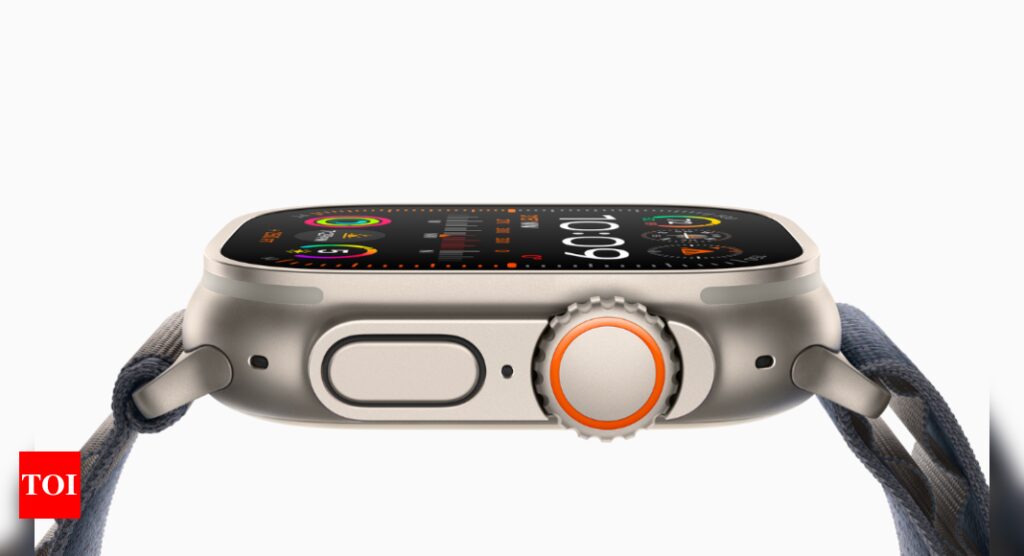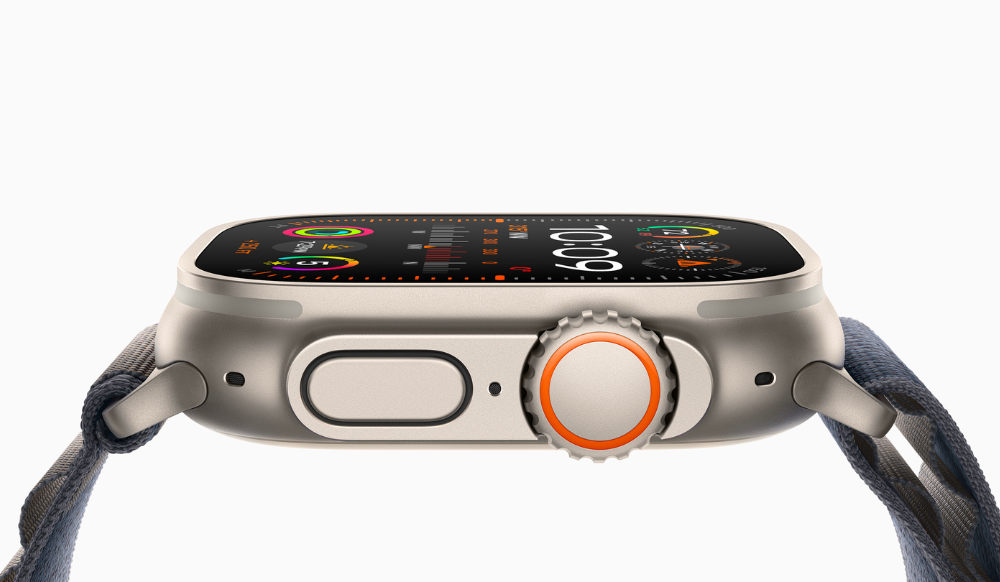[ad_1]
Apple has appointed a new executive to lead the glucose monitoring project after months without a dedicated head. Tim Millet, who had been in charge of developing Apple Silicon, is taking over to head the Apple Watch glucose tracker project, reports Bloomberg.
The team leading the glucose-tracking project, known as the Exploratory Design Group (XDG), was previously led by scientist Bill Athas. Athas passed away at the end of last year.
After his death, the group was overseen by his former deputies, who were then promoted to report directly to Apple’s senior vice president of hardware technologies, Johny Srouji.
Recently, the glucose-tracking team has been transferred to Millet, said sources close to the development, who has been serving as one of Srouji’s top two lieutenants for the past ten years and has been an employee of Apple for about 19 years.
When Apple Watch will get glucose montioring
Apple has been working on blood glucose technology since 2011, according to the report. The goal of the E5 project is to measure the glucose levels in the body without the need for pricking the skin for blood. The approach is somewhat different than what is used by the glucose monitors, as Apple is using a chip technology called silicon photonics and a measurement process called optical absorption spectroscopy.
The system is still in the proof-of-concept stage and needs to be shrunk down to a more practical size. Engineers are developing a prototype device that can be strapped to a person’s bicep, reducing the size from an early version that sat atop a table.
Since the technology requires advanced chipset design and miniaturisation, Tim Millet is considered an ideal candidate for the team. He has been with Apple for about 19 years and was responsible for overseeing the transition from Intel to Apple’s M-series chips for Macs.
A consumer launch for an Apple Watch with glucose monitoring remains several years away.
The team leading the glucose-tracking project, known as the Exploratory Design Group (XDG), was previously led by scientist Bill Athas. Athas passed away at the end of last year.
After his death, the group was overseen by his former deputies, who were then promoted to report directly to Apple’s senior vice president of hardware technologies, Johny Srouji.
Recently, the glucose-tracking team has been transferred to Millet, said sources close to the development, who has been serving as one of Srouji’s top two lieutenants for the past ten years and has been an employee of Apple for about 19 years.
When Apple Watch will get glucose montioring
Apple has been working on blood glucose technology since 2011, according to the report. The goal of the E5 project is to measure the glucose levels in the body without the need for pricking the skin for blood. The approach is somewhat different than what is used by the glucose monitors, as Apple is using a chip technology called silicon photonics and a measurement process called optical absorption spectroscopy.
The system is still in the proof-of-concept stage and needs to be shrunk down to a more practical size. Engineers are developing a prototype device that can be strapped to a person’s bicep, reducing the size from an early version that sat atop a table.
Since the technology requires advanced chipset design and miniaturisation, Tim Millet is considered an ideal candidate for the team. He has been with Apple for about 19 years and was responsible for overseeing the transition from Intel to Apple’s M-series chips for Macs.
A consumer launch for an Apple Watch with glucose monitoring remains several years away.
[ad_2]
Source link











More Stories
Google Maps: Three privacy features coming to Google Maps on Android, iPhones
Most-Downloaded IPhone App: This Chinese app was the most-downloaded iPhone app in the US in 2023
Ukraine’s largest mobile operator goes offline for millions of users after cyber attack